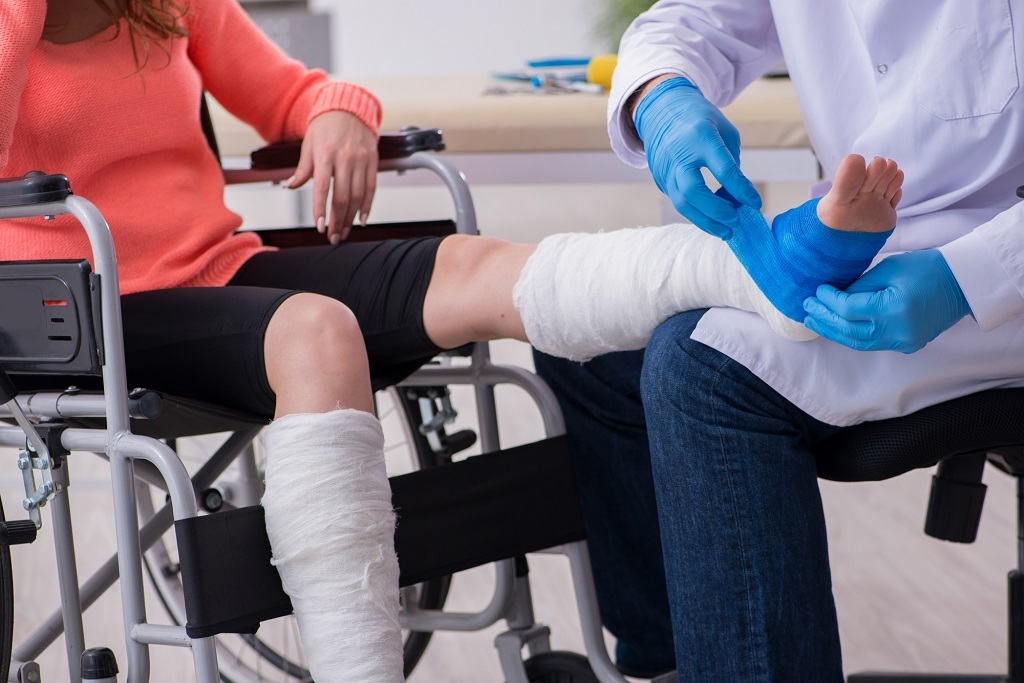
1954 Airport Rd
Suite 103 , Chamblee GA , 30341
8am - 5pm
Mon-Sats
claims@singhtorolaw.com
+404 480 8588

Suite 103 , Chamblee GA , 30341
Mon-Sats
+404 480 8588

A personal injury claim arises when an individual is injured, either physically or emotionally, due to the negligence or intentional actions of another party. These cases, also known as “torts,” fall under civil law. Victims of personal injuries caused by others’ negligence are generally entitled to recover monetary damages for:
In certain cases, punitive damages may also be awarded.
Personal injury claims can arise from various incidents, including:
Intentional Torts: These include acts like libel, slander, false arrest, false imprisonment, malicious prosecution, and intentional infliction of emotional distress.
As personal injury law is complex and insurance carriers use aggressive defense strategies, legal representation is crucial. Singhtoro Law PA offers free initial consultations to discuss your case and provide expert guidance so that you receive the compensation you deserve. For a free consultation with Atty. Vishay Singh, explore your legal options and discuss your personal injury claim.
The statute of limitations for filing a personal injury lawsuit varies and can be complex. Generally, personal injury claims in Georgia must be filed within two years of the injury. However, different rules apply in cases involving government entities, fraud, or specific circumstances like foreign objects left in the body by a doctor. Consulting with an attorney promptly is crucial to ensure timely filing.
To recover damages in a personal injury claim, the plaintiff (injured party) must establish the following elements:
The burden of proof lies with the plaintiff, who must demonstrate each element to succeed in their claim.
Damages recoverable in personal injury cases include:
Common defenses include:
Athens Law Firm provides a very fast and responsible advice legal service.
Send an email and you will receive our newsletters.
Copyright 2021 ovatheme, All Right Reserved
